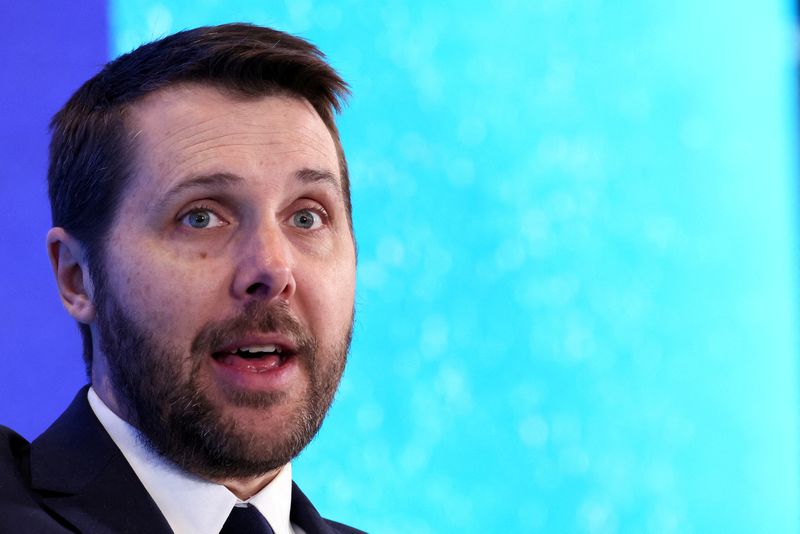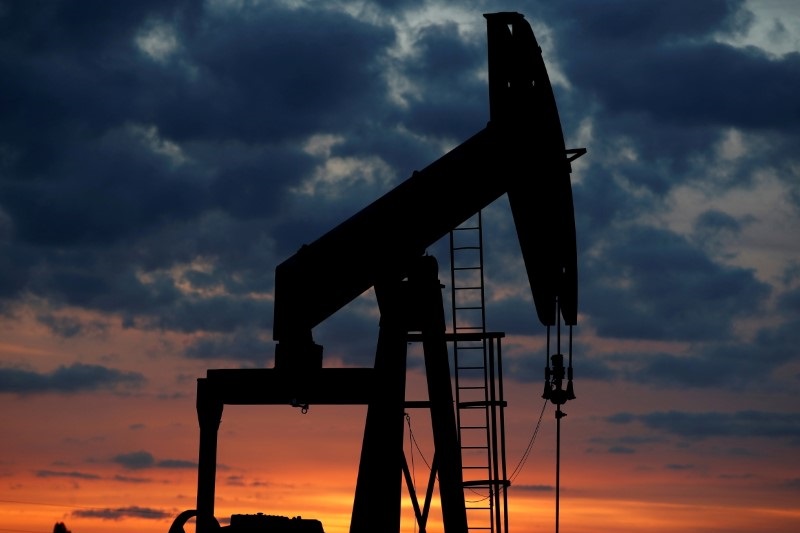By Timothy Gardner
WASHINGTON (Reuters) – Brian Deese, an economic adviser to Vice President Kamala Harris’ presidential campaign, called on Thursday for an economic program to lend money to allies to buy U.S. green energy technologies as part of a broader strategy aimed at combating climate change. to fight.
Deese, who was an economic adviser to President Joe Biden and former President Barack Obama, described it as a new version of the Marshall Plan, a mechanism of subsidies set up by President Harry Truman and Secretary of State George Marshall to help Europe recover after the crisis. World War II.
“It should be as generous to our allies as it is unapologetically pro-American in its interests,” Deese told Reuters.
Although Deese is promoting the plan independently of his work as a Harris adviser, it could provide insight into the possible policies of her presidency if she were to win on November 5. The Harris campaign did not immediately comment.
Deese helped shape the Inflation Reduction Act, Biden’s landmark legislation that includes billions of dollars to boost clean energy and fight climate change. He said the IRA and other legislation have created one of the greatest opportunities to accelerate clean energy, but the effort needs a mechanism to bring technologies to allies.
To support the plan, the U.S. should create a Clean Energy Finance Authority, with the ability to issue debt and equity for clean energy projects, Deese said in a Foreign Affairs article published earlier this week. The plan could be part of a U.S. alternative to China’s Belt and Road infrastructure initiative and ensure U.S. leadership at a time of friction among world powers.
The new U.S. agency could draw on the expertise of the Department of Energy’s Loan Programs Office in assessing the risks and benefits of emerging technologies such as advanced nuclear power, hydrogen energy, carbon capture and geothermal energy, Deese said. The LPO provides loan guarantees and low-interest loans to companies with promising technologies that struggle to obtain financing from commercial banks.
To support the plan, Deese also called for tools such as tariffs that promote imports from countries that reduce emissions while making steel and other products, and the development of a strategic mineral reserve.
Such reserves would be held by the US and allies to protect against supply chain shortages of the materials critical to clean technologies and against China’s dominance in the crucial minerals trade.
After Russia’s invasion of Ukraine in 2022, Deese helped initiate record sales of oil from the US Strategic Petroleum Reserve to help moderate gasoline prices for American drivers. That experience helped him understand the importance of developing mineral reserves, he said.

“My hope is that we have gotten out of the ideation phase and have the opportunity to experiment and then build,” Deese said.
Energy Secretary Jennifer Granholm said in an interview with Reuters in June that the US has held talks with allies in the International Energy Agency about collective reserves for critical minerals.


